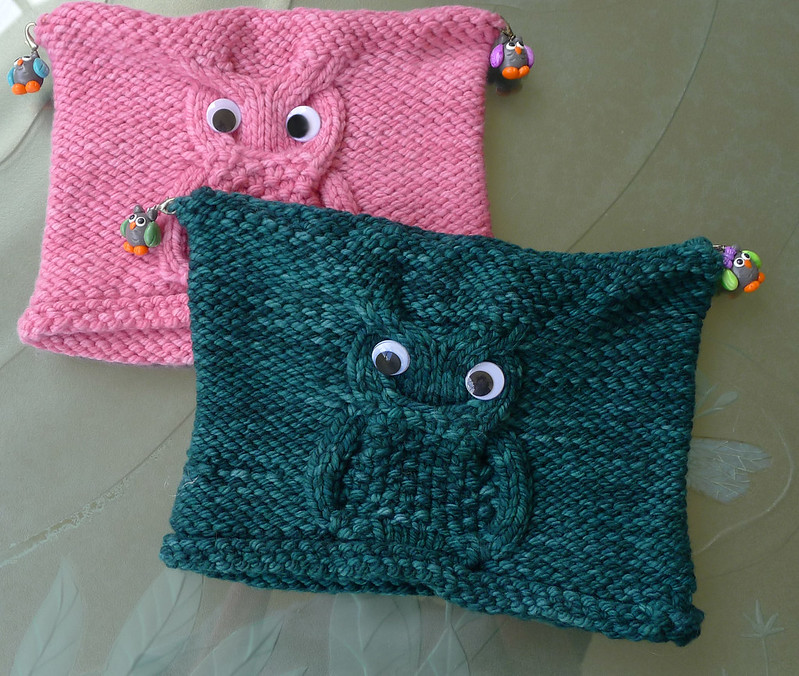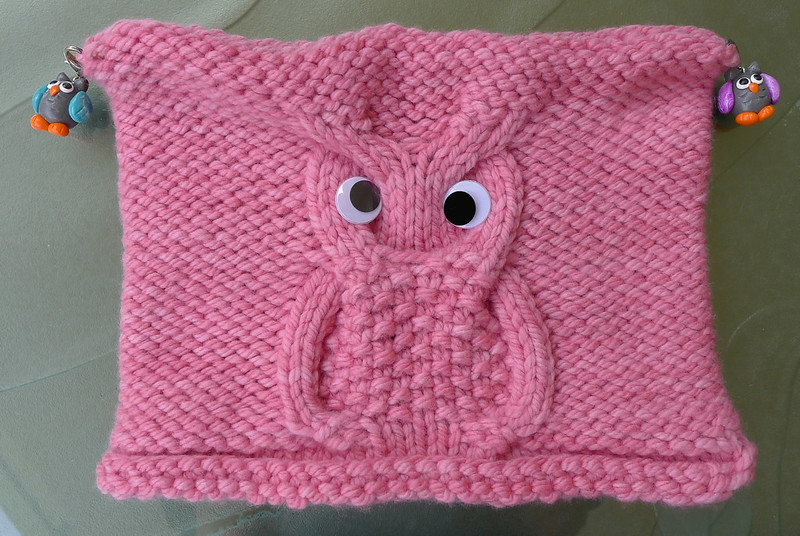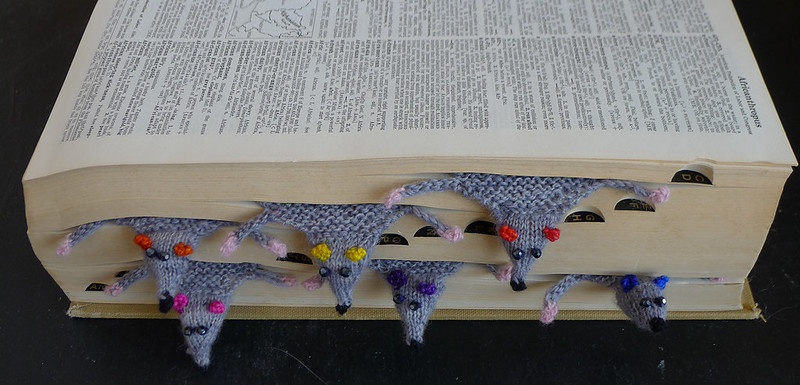For the past umpity-ump years, I've started my day by fixing a cup of coffee, then flipping on my computer to peruse Google News. I then zipped over to my iGoogle page, which contained an embedded Google Reader widget. Last year, Google announced that they would be ceasing iGoogle in November of this year. I found this profoundly upsetting--part of my morning routine would need some rearrangement. I finally switched over to
Netvibes, a service that is fairly similar to iGoogle. In some ways, it's even better than iGoogle, but lacks the compact Reader widget that I have come to rely on to quickly peruse the news from the 200+ blogs to which I currently subscribe.
Thus, when Google announced a few months ago that they would cease Google Reader...well, I can tell you that those precious early-morning coffee-sipping moments had suddenly become a vacuum begging to be filled by something...anything...that worked as well as Reader. Since those early days of iGoogleness though, I've started flipping open my iPad more often than my laptop. I've found that
Flipboard (no pun intended) is a pleasant companion for my coffee, and
Newsify is a reasonably good substitute for Reader.
All of this searching for substitutes got me thinking about Google in general. Like many services, it's become more social, proffering sites such as Google+ as a way to force interaction. Not being especially comfortable with this idea, I took a hard look at the Google apps on both my iPad and my laptop, and frankly, didn't like what I saw.
I had installed Chrome, the Google browser last year, but never use it, because the cookie controls are terrible. In Firefox, I can disallow cookies, allow them for a session, temporarily allow them for a site, and easily manage cookies globally or on a site-to-site basis. I am uncomfortable with sites that require cookies to do something as simple as browse their pages, and the inability to control these little bits of tracking crumbs turned me off of Chrome.
I became so uncomfortable with this tracking stuff that I installed a Firefox add-on called
DoNotTrackMe. The icon sits quietly in the toolbar, and when you click on it, it tells you how many tracking attempts it has blocked. To my utter horror, after a few months of use, the information popup told me that the add-in had blocked 20,000 trackers. After a year of use, I've earned my second Platinum Medal--each one worth 50,000 trackers. If the idea of 100,000 stalkers doesn't bother you, well, you might as well stop reading this blog post now.
A few months ago Roy was wandering around the Web, looking for something, which he ended up not purchasing. The phone rings. There's a sales lady on the other end who said she saw him browsing their website but didn't buy anything. Can we ask why? Can we make an offer that you might be interested in? Roy replied that they didn't have the cheapest price...and some haggling then ensued. However, Roy was so creeped out that, even though the sales lady said she would price-match, he ended up not buying anything.
That episode was the final straw that led to my subscribing to a VPN--a virtual private network. In the simplest terms, a VPN is a network that tunnels through the Internet by using encryption and other security measures to hide you from peepers and stalkers.
When you hop onto the Internet, either by opening a browser or, these days, by turning on most any computer, your Internet provider assigns you an IP address, for example, 123.45.32.123. As you waltz from site to site, you can be uniquely identified by this address. When you use a VPN, your real IP address is cloaked by the address of the VPN server.
The
VPN service I signed up for has servers in many countries, so I can log on to a server in Atlanta, or Chicago, or Tokyo, and to the salesperson watching me, I appear to be located in those places, but the IP address leads nowhere. Which means trackers on me lead nowhere. And good riddance.
After fooling around with the VPN for a while, I did what a lot of people do every day, I went to Google and searched for something. To my surprise, I received an error code:
We're sorry, but your computer or network may be sending automated queries. A quick search on a computer not hooked up to the VPN revealed that you can't use Google Search if they can't track you. Needless to say, this little factoid caused me to switch over to the very good
Duck Duck Go and
Startpage search engines, which do not track you at all.
All this was starting to remind me of Winston Smith, the protagonist in George Orwell's classic
1984. Winston found one corner of his living room where Big Brother couldn't track him via the ubiquitous two-way telescreens that monitored the private and public lives of the populace.
There's nothing inherently wrong with advertising, which is where all this cookie tracking stuff originated. After all, if nobody advertised their stuff, you would not know about the choices available to you. But it's a long, long way from presenting an advertisement to having marketing firms, law enforcement, and government agencies keeping track of the minutiae of your daily life. If you think by eschewing the Internet you're safe from all this, you probably skipped over all the articles on drones that grace the pages of your local newspaper.
The result of all this research has led me to excise all Googleware from the machines that I use daily. In the next few weeks, all the devices in this house will be behind the VPN. Fortunately, Google Blogger doesn't care if they can't track me here, but I am seriously eyeballing WordPress as an alternative. I am looking at a private mail service, as well. Gentlemen don't read other people's mail, and clearly, our government no longer contains anything resembling gentlemen.
While it's impossible to be anonymous on-line these days, it is possible, with a little exertion, to keep a low profile. And if you think that these measures are necessary for safety and security (of our children!), I urge you to read, or reread, 1984. I've been around for almost seven decades, and I will escape what looks like this inevitable future. However, you, or your children, may see a world similar to the one depicted in that book.
As a final thought, you should think about the fact that I was hesitant to publish this post at all, for fear of being placed on a government list.
fleegle pats her tinfoil hat and signs off.


















